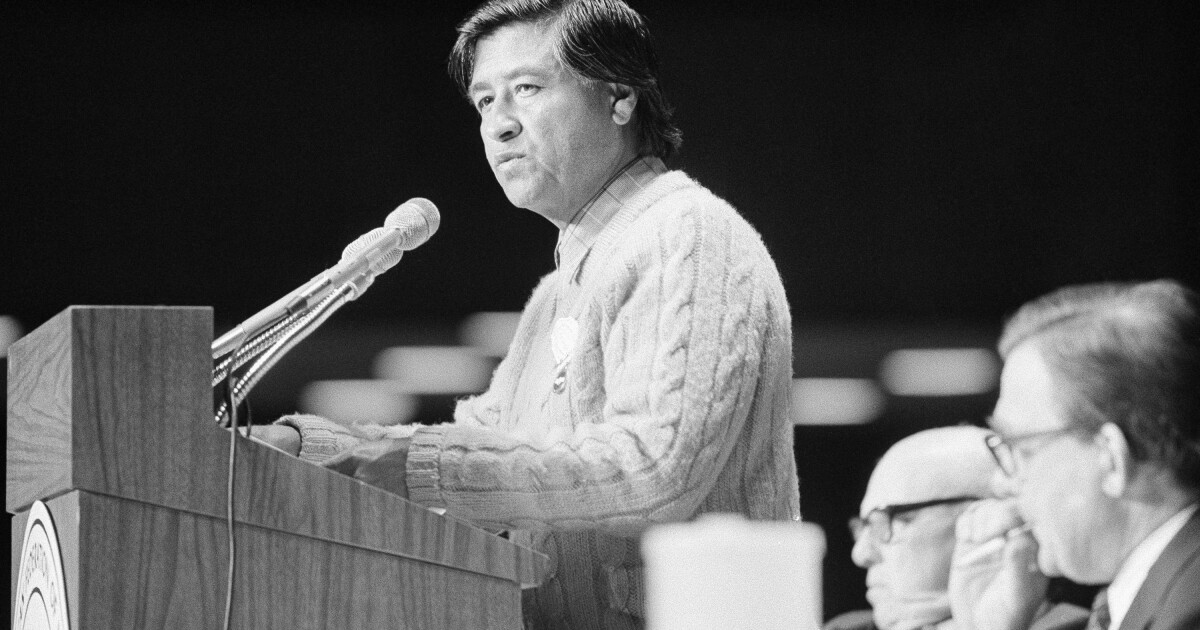This past Sunday, March 31, marked the celebration of Cesar Chavez Day, a state holiday dedicated to commemorating the life and achievements of the esteemed labor leader in America's agricultural heartlands. Amid these celebrations, Stockton's own Luis Magaña emerged as a beacon of hope and guidance for a new generation of farmworkers, echoing Chavez's enduring spirit of advocacy and resilience.
A day in the life of Magaña was a testament to his dedication. He ventured into the sprawling fields of the Central Valley, educating farmworkers about their rights, ensuring they were armed with the knowledge to navigate the complexities of the agricultural sector. On a recent sunny afternoon, Magaña was seen engaging with workers from Oaxaca, Mexico, who were busy pruning grapevines on the outskirts of Stockton, offering handshakes, smiles, and vital information—a sight not always welcomed by farm owners.
Magaña's office, a sanctuary of cultural pride and history, was adorned with artifacts and murals that narrated the rich legacy of California's farmworkers, a legacy that was personal to him. Having migrated from Michoacan, Mexico, in 1967 due to his grandfather's involvement in the Bracero Program, Magaña's journey from a young organizer defending his peers in the Manteca school district to crossing paths with Cesar Chavez himself was a poignant reminder of the cyclical nature of struggle and advocacy.
The encounter with Chavez in 1987, inviting him to speak to Mexican migrant workers in San Joaquin County, was a pivotal moment for Magaña, reinforcing his commitment to fighting for farmworkers' rights—a fight that Chavez had famously intensified in the 1970s with campaigns against pesticide poisoning, an issue that Magaña lamented remains prevalent today.
Despite the strides made by the United Farm Workers since the 1960s, Magaña pointed out that today's migrant workers, many of whom hailed from indigenous regions of Mexico and Central America, still confronted age-old challenges. From workplace accidents and extortions to enduring conditions reminiscent of slavery, the plight of these workers underscored the unfinished business of Chavez's legacy.
Driven by a sense of duty to his community, Magaña devoted his time to consulting migrant workers on issues like wage theft, harassment, and job injuries, striving to fulfill the promise of Chavez's legacy beyond the confines of history books.
This Cesar Chavez Day, Magaña hosted a small gathering at his Stockton office, inviting the public to join in honoring the labor leader's memory and rekindling the spirit of activism that Chavez embodied—a spirit that lived on in the efforts of individuals like Magaña, who, amidst the fields of the Central Valley, continued to fight for justice and dignity for farmworkers.


